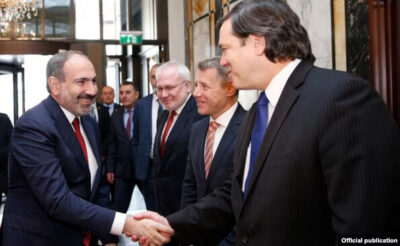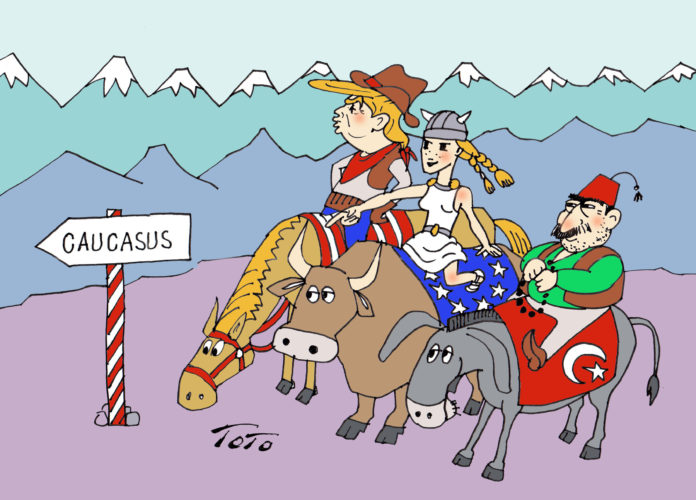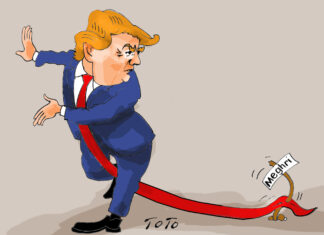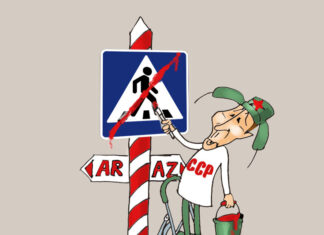During the two world wars, Turkey was allied with Germany.During World War I, Ottoman Turkey was Germany’s strategic ally. During World War II, it was Germany’s tacit ally, supplying metals to the Nazi war machine.
Germany was defeated in both wars, but its Turkish ally survived and maneuvered its way to become a major player in regional politics.
The Cold War proved to be a panacea for Turkey which joined NATO to execute all the dirty activities of the alliance in the Middle East, while tending to its own business by arming itself, reviving its economy and settling historic scores with neighbors.
Today, Turkey has its occupation army in Cyprus, courtesy of former Secretary of State Henry Kissinger, as well as military bases in Qatar and Djibouti, plus its unwelcome military presence in Iraq and Syria. It plays an active role in the Libyan conflict, supporting Islamist extremists and agitating that country’s neighbors, Egypt and Algeria, which have paid a high price in containing those extremists within their own borders.
As a NATO member, Turkey is deeply involved in the Balkans, where the West destroyed the former Yugoslavia in response to the genocidal actions of Serbia, to create a constellation of client states in the heart of Europe.
Turkey has been mustering all this power to rise to the level of impunity. Last week many European countries commemorated the anniversary of the Holocaust, which was covered by the news networks. It was interesting to note that along the Jewish Holocaust, almost all other mass atrocities were mentioned, except the Armenian Genocide, certainly in deference to Turkey, which wields tremendous political power internationally.








